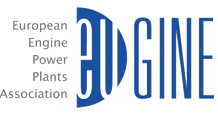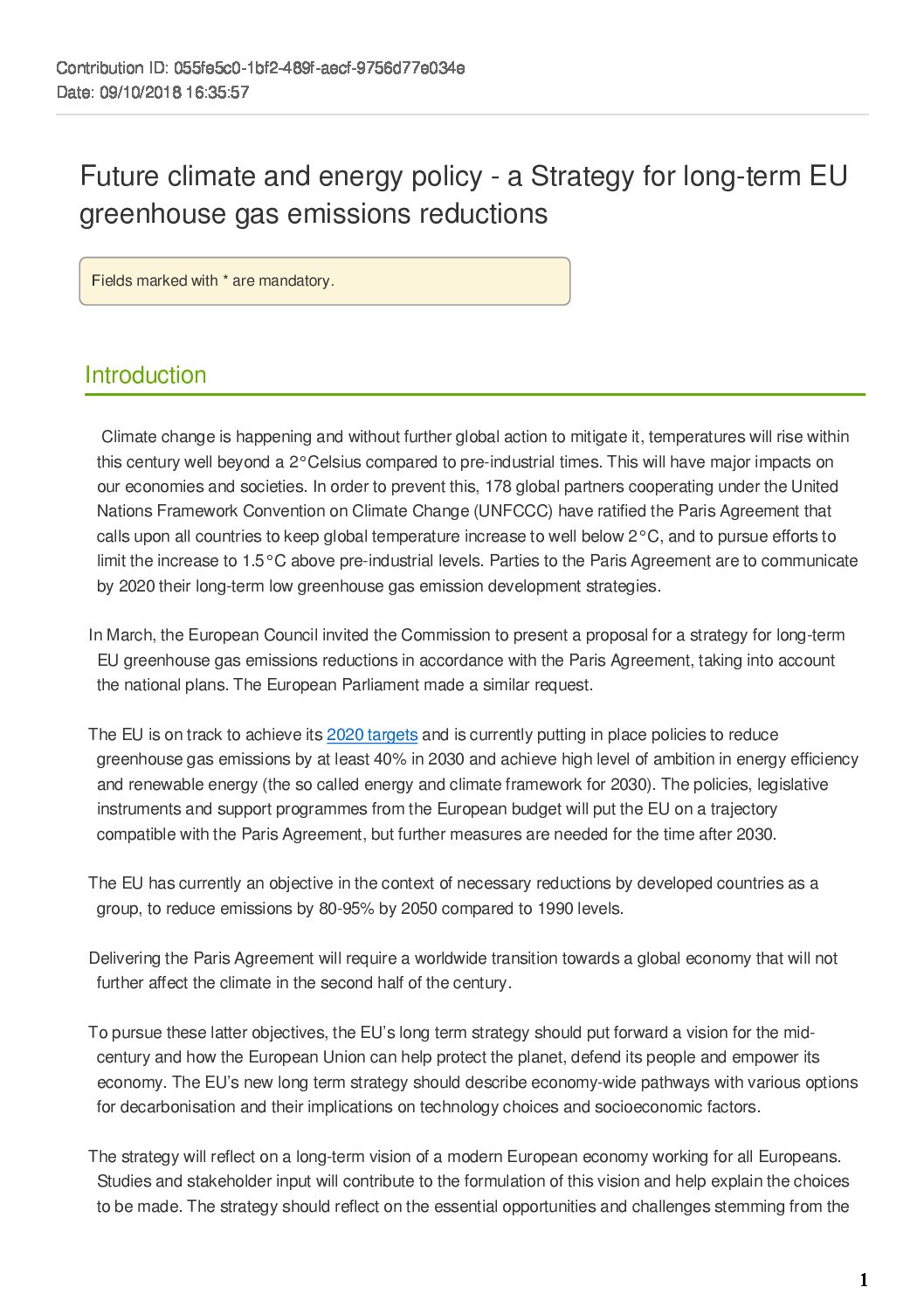EUGINE contribution to the EU 2050 decarbonisation strategy
10 October 2018
EUGINE contributed to the European Commission’s consultation on its long-term decarbonisation strategy, by especially highlighting:
- gas engines’ applications reducing GHG emissions: gas engines for cogeneration may reach 95% energy efficiency and thus cut primary energy consumption & emissions. Gas engines for peaking plants may ensure a stable energy supply when there is no sun & no wind and therefore enable the energy transition.
- the even growing role to be played by all kinds of renewable gases and the Power-to-X and X-to-Power solutions which are key and will contribute to the
integration of energy sectors. Seasonal storage (e.g. via hydrogen) will also ensure the stability & reliability of the system, while contributing to the decarbonisation of flexible power plants.
As the ETIP SNET points out in its 2050 Vision, “In 2050, thermal power generation, mainly running with renewable energy sources (concentrated solar power, biomass, biogas, synthetic gas such as methane and hydrogen, and geothermal) provides flexibility (including at partial loads) while guaranteeing electricity and heat supply during (winter) times with limited or less renewable energy supply” (p.41)


